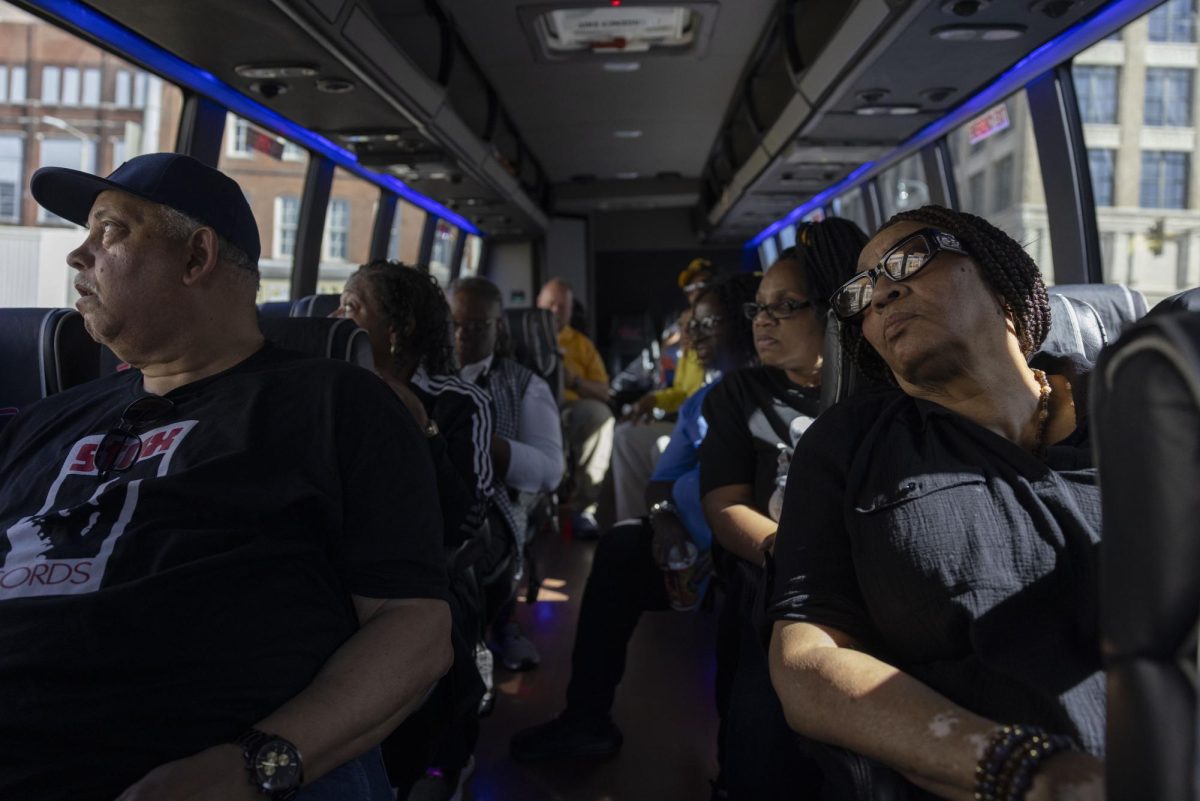Opinion: Confidential search causes concerns
February 18, 2014
Transparency is defined in a social or political context as openness, communication and accountability. This presidential search carried out by the university was nothing of the sort.
SIU Board of Trustees chairman Randal Thomas said the process was transparent, but it is questionable to whom it was transparent.
When attempting to fill a position as critical to the university as president, the process of choosing a new leader should involve educating those he or she will serve.
Advertisement
While the university sent an e-mail survey asking for input, and held two open forums—one for each campus—the final decision was made in secret. The open forum in Carbondale took place at 11 a.m. on a Thursday during finals week, a time when many students and professors were unavailable. The names of the final candidates were never released, leaving no opportunity for students, professors or staff to weigh in on the final options.
Keeping such an important decision from those directly affected by it is unacceptable.
The Board of Trustees should be held accountable for informing the university community who may become the next leader.
Students, professors and staff are not the only people who benefit from transparency. Accountability does not end with the university. Present employers of the candidates have a right to be notified of the situation. Candidates owe their employers the courtesy to inform them they were chosen as a finalist, and their departure could be a possibility.
Randy Dunn has left Youngstown State University with a lame-duck president, and an uncomfortable 180 days of searching for his replacement. Leaving with no notice has left Youngstown’s board to question Dunn’s loyalty. According to a Youngstown area newspaper, the Vindicator, the administrative positions of provost and vice president for finance and administration will soon be vacant as well. Youngstown’s Board of Trustees learning of Dunn’s application at SIU from a Feb. 15 DAILY EGYPTIAN article shows just how deep the secrecy ran.
A candidate either wants to be here, or he or she does not. If he or she does not feel comfortable disclosing his or her application status, the community is left to question his or her commitment to the university, and the thousands of students he or she will represent.
When Randy Dunn was vying for the presidential position at Illinois State University in 2013, each of the final four candidates were made public and open forums were held to address students, faculty and staff. SIU should implement an equivalent process.
Advertisement*
As it stands, the process for choosing a president does not allow the public to form an opinion on the next leader of the university until their input can no longer make a difference.
All transparency issues aside, SIU has a new president whom most of the university community knows nothing about. Only nine people have any concept of what he wants to accomplish and what he may change while he is here.
This leaves the question if there may have been a better candidate. At this point chairman Thomas said the names of the other finalists will never be released. This leaves no way of comparing Dunn to his competition. At best, this leaves us skeptical. We have no way to know he won’t leave when the next “unique opportunity” comes along.
The university is expected to trust the input of the Presidential Search Advisory Committee, and the board’s choice. Nine board members and a search committee should not be the only parties to know the identities of the potential presidents, who could ultimately be responsible for the fate of the institution. Only one vote in the final decision belongs to a student, who is not permitted to seek the opinion of his or her constituents.
When the students are what drive a university and justify its existence, fair representation of their input must be a priority.
Advertisement









